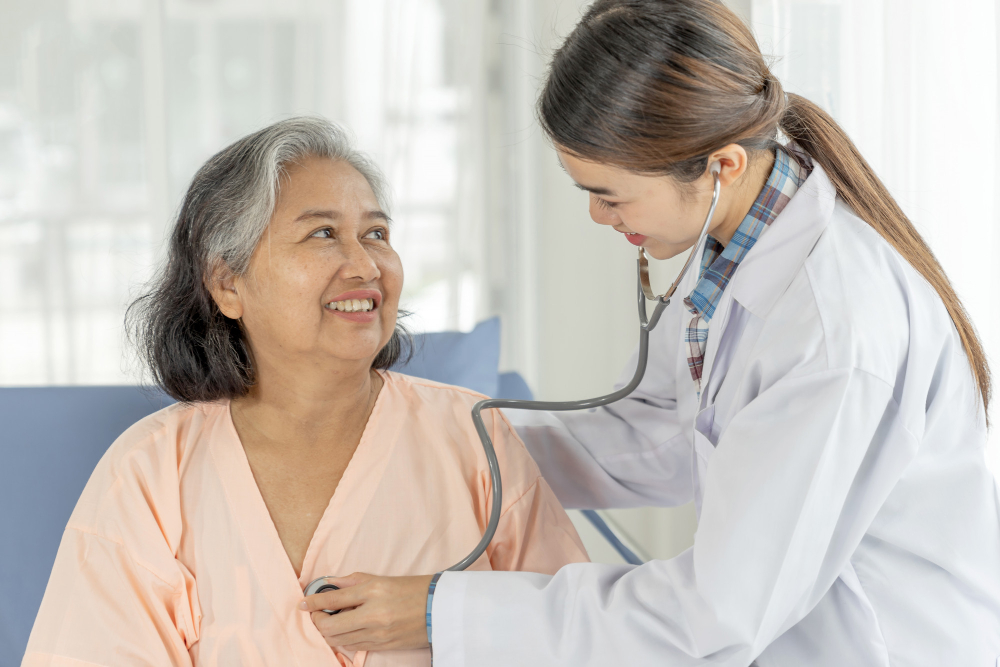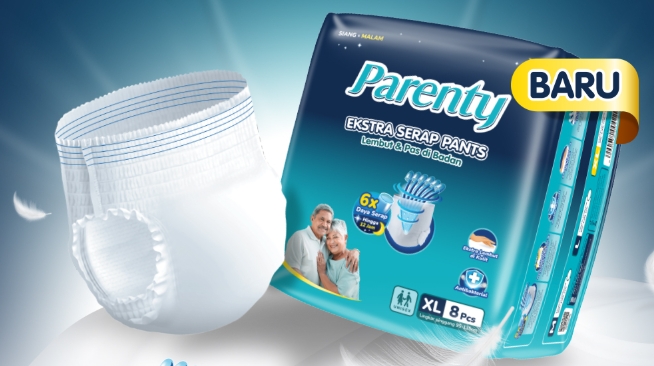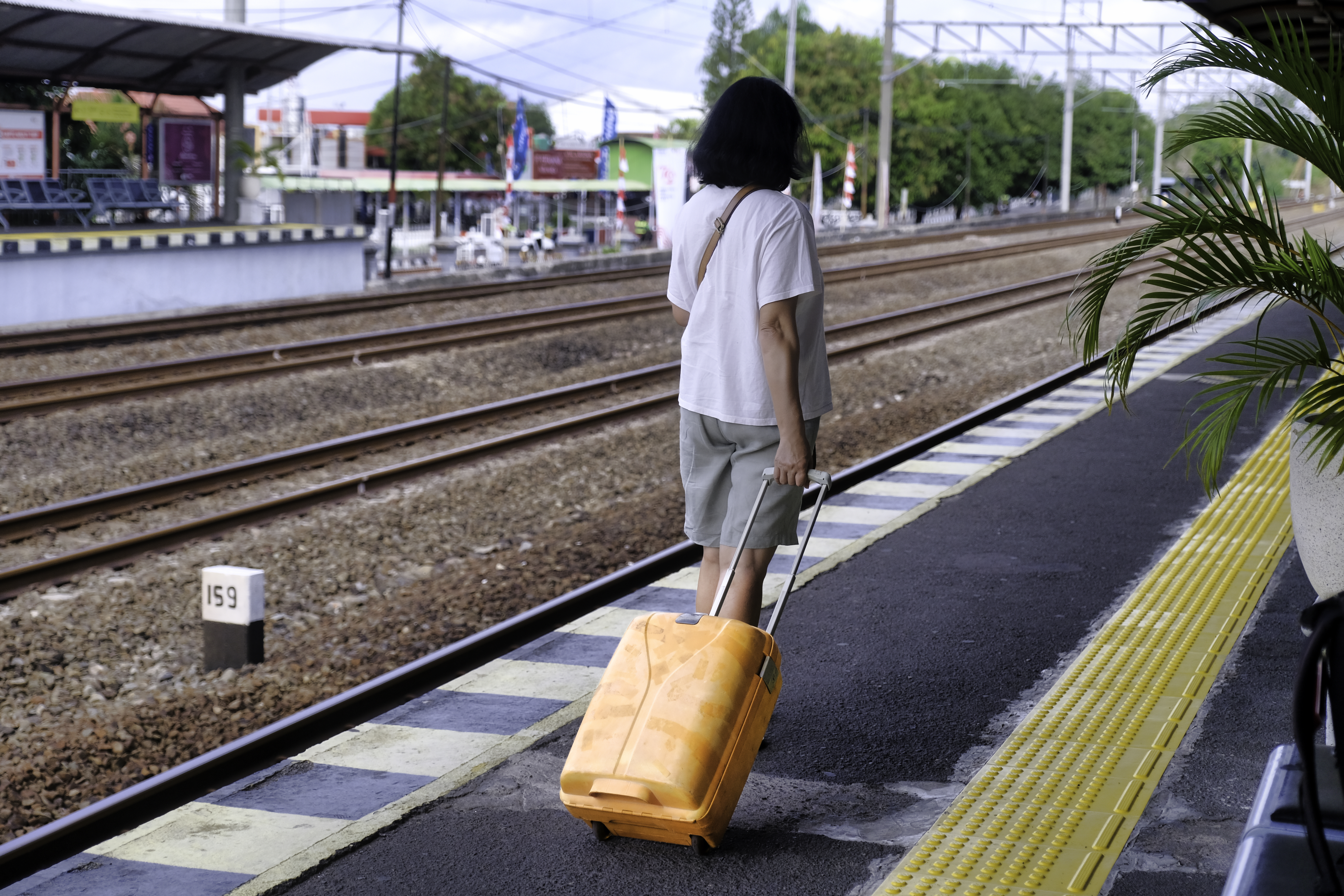A person's health will decline as they get older. That is why it is important to adopt a healthy lifestyle as a provision for health in old age so that the quality of life is maintained. For the elderly, it is highly recommended to do a medical check up.
The purpose of elderly health checks, especially medical check-ups for ages 50 and over is to conduct early detection of common health problems to reduce the risk of complications with quick and appropriate treatment steps. As well as anticipating health problems that are getting worse in old age.
Types of Elderly Medical Check Ups
Medical check-ups for the elderly are very important to monitor overall health and detect health problems at an early stage. Here are some common types of medical check-ups for the elderly:
Eye health check-up
As a person ages, vision function will decrease. Eye check-ups include vision screening and follow-up eye examinations to detect problems such as cataracts, glaucoma or macular degeneration. Don't forget to eat foods rich in vitamin A.
Blood pressure check
Regular blood pressure checks are important to monitor blood pressure and identify risks of hypertension. Keep in mind that high blood pressure is one of the most common diseases among the elderly and increases the risk of stroke later in life.
Heart function check
This may include an electrocardiogram (ECG) or stress test. An ECG is done to determine the health of the heart's electrical activity. It also checks heart function and detects problems such as arrhythmia or coronary heart disease.
Blood tests
Screening for the elderly includes a complete blood test to check hemoglobin levels, blood sugar levels, cholesterol, and the function of other organs such as the liver and kidneys. As we age, the organs in the body also age. In fact, research shows that the human immune system drops every year from the age of 25.
Thyroid function check
This test is done to check thyroid function and identify problems such as hyperthyroidism or hypothyroidism.
Cognitive function check
Cognitive tests such as the Mini-Mental State Examination (MMSE) or Montreal Cognitive Assessment (MoCA) can help detect cognitive disorders such as dementia or Alzheimer's disease in the elderly. As well as detecting mental health issues such as depression or anxiety in the elderly.
Bone densitometry examination
Bone tissue weakens and the bone's ability to absorb minerals decreases. This examination is performed to check bone density and accurately identify the risk of osteoporosis in the elderly.
Lung function examination
Lung function tests such as spirometry are performed to test lung capacity and detect chronic obstructive pulmonary disease (COPD) or asthma.
Each elderly person will have different health needs, hence it is important to consult a doctor to determine the appropriate medical check-up according to the individual's health condition and medical history.
In addition, provide comfort for your parents with Parenty diapers. Parenty is an adult diaper designed with advanced technology that prioritizes comfort and hygiene for the elderly. Having a soft and air-circulated diaper surface, Parenty is friendly to the skin of the elderly and effectively reduces skin irritation. (Aq/MKK)
Read also:
8 Fastest Cholesterol-Lowering Vegetables








